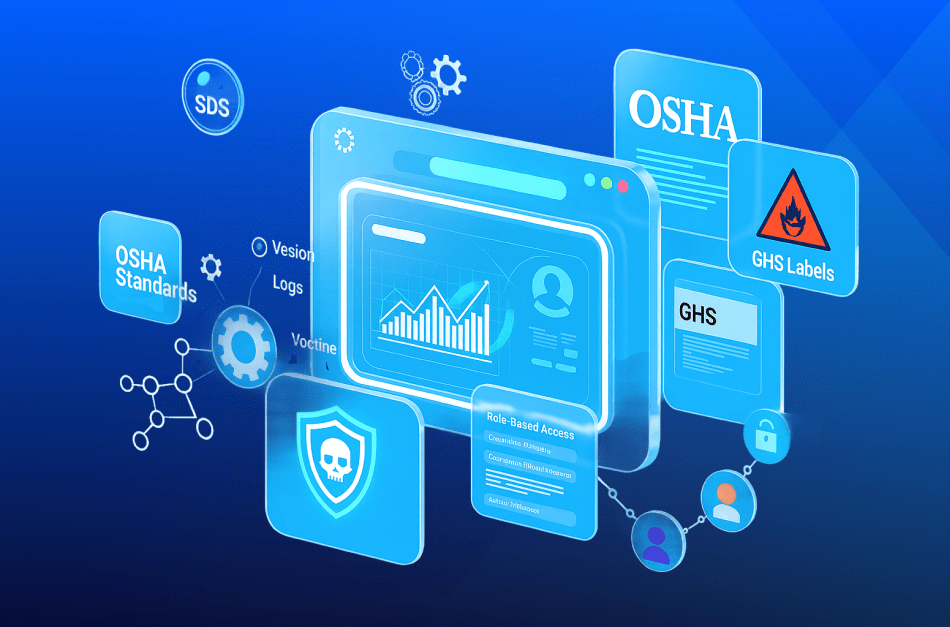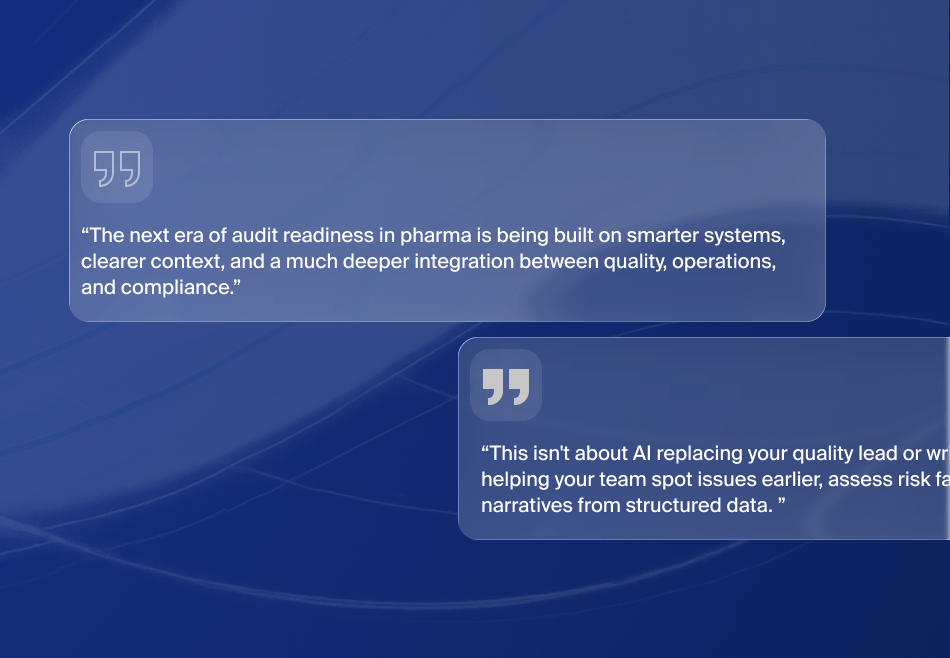At a Glance
- ERP has been critical to the manufacturing sector, from business strategies to meeting increased demand for specific products.
- While the manufacturing industry has long been reliant on ERP systems for effective business operations, recent events have highlighted their importance.
- Experts are looking at comprehensive ERP products that can help them meet rising demand and elevate their business platforms for success in the future.
If the manufacturing industry had to describe 2020 in one word, most might go with ‘unprecedented’. Things like disruptions to Supply Chains, wildly fluctuating changes in demand, and shortages of materials have led to a state of disarray for organizations of every size. These organizations are looking to maneuver efficiently through these challenges and meet changing demands while remaining in compliance. This means that manufacturers’ top management bodies weigh options to reshuffle their business processes and strategies to accommodate sudden changes.
Going forward, businesses will need to change their production plan from top to bottom as the demand for certain goods like automotive, non-essential goods, and construction materials have gone down. In contrast, things like chemicals, ventilators, sanitizers, hygiene products, PPE, and various pharmaceutical raw materials have dramatically increased. This shift in demand calls for realignment and systematic operational implementation of business processes with a fortified ERP system.
53%
of the manufacturing industry expect COVID-19 to impact operations.
Shown below are some of the biggest concerns the manufacturing industry has at the height of the Covid-19 pandemic:
- Disruption of supply chains due to travel restrictions
- Low or no availability of raw material
- Skeleton crews on the production floor owing to the fear of exposure to the virus
- Loss of revenue due to stalled production all over the world
- Realignment of the workforce to accommodate working from home
- Rapid change in demand patterns for certain consumer goods
- Downward or backward fiscal growth.
The future sustainability of organizations of all sizes in the manufacturing sector will depend on current investment in tools, software, and systems to streamline, realign, and effectively manage business and production operations. Sustainable manufacturing practices can surely help companies boost their profits.
Figure: 1Challenges Faced by The Manufacturing Industry Due to Covid-19
The resulting wake of Covid-19 has compelled decision-makers from businesses in the manufacturing sector to reevaluate their business processes and automation to deal with supply chain bottlenecks effectively. This is where the implementation of an effective ERP system comes into play.
Listed below are just a few key strategic ways that a comprehensive ERP system like Microsoft Dynamics 365 for Supply Chain and Finance can help fortify the end-to-end manufacturing life cycle for companies in this industry.
1.Addressing Bottlenecks in the Supply Chain ERP systems have proven essential to optimizing the supply chain and providing top-to-bottom visibility of production cycles to avoid situations like stock-outs, inventory glitches, and logistical issues. Enterprise Resource Planning tools have become highly critical to businesses as global supply chains are disrupted. ERP systems help mitigate damages by overhauling the demand-to-supply strategy and optimizing the supply chain accordingly. ERP systems are also highly crucial in collating and classifying production data for complete visibility to workers on the shop floor and beyond.
2.Boosting Automation to Compensate for Skeletal Workforce Thanks to restrictions still in place, many factories continue to operate at 50% workforce or even less to maintain social distancing to mitigate exposure risks. This means that more manual operations are becoming automated, requiring planning, changes in hardware and software, training, and proper deployment of automation protocols. This can all be managed with the help of a robust ERP system.
3.Managing Change in Demand Since the pandemic, there has been a swing in need for certain commodities, such as automobiles, sanitizers, hygiene products, and ventilators. These rapid changes in the market require an ERP system that helps streamline raw material purchases, billing cycles, payroll solutions, last-minute logistical changes, generating a bill of material, and much more.
Boosting Manufacturing with Microsoft Dynamics 365
Comprehensive platforms like Microsoft Dynamics 365 Finance or Supply Chain help Improve efficiency and productivity for businesses in the manufacturing industry. The systematic tools assist with planning, logistical management, change analysis, data collation, capacity requirement management, and responding to rapidly changing needs.
Figure: 2Boosting Manufacturing with Microsoft Dynamics 365 ERP System During Covid-19
Key Takeaways
The numerous changes that developed since the onset of Covid-19 have created significant setbacks for any business in the manufacturing industry; Savvy organizations that can use the right ERP software while investing in intelligent solutions will be in the best position for growth when this is all over. Here are some final points to remember when you think of ERP in the manufacturing industry.
- The top executives and decision-makers in the manufacturing sector need to invest in smart manufacturing ERP software solutions to combat the changing demand and supply patterns.
- Analyzing global and local goods and commodities requirements will be essential for running a manufacturing plant.
- Manufacturers need to rethink their supply chain and inventory management strategies and implement proven and systematic resource planning tools.
Book a consultation for all your manufacturing process needs.










